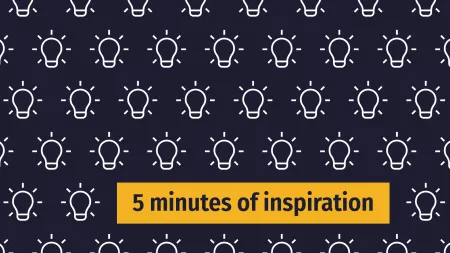“This year I was the president of the ADEMA local section. I participated in meetings and in campaigns in villages. In 2009, I was a simple member of the party and I was only getting T-shirts.” It’s a pretty remarkable shift, from receiving trinkets to running the show. Other women are seeing similar changes.
“Honestly speaking, since the GEWEP project started, we can take care of ourselves and of the entire family. Thanks to the project, I share the family expenses with my husband. He has a lot more respect for me now because I contribute a lot.”
The Gender Equality and Women’s Empowerment II (GEWEP II) project ran in Mali from 2016 to 2019 with $6.3 million in support from Norway. Partnering with the Malian organization Ya-g-tu, it reached 96,466 people.
What did we accomplish?
- Women influence more decisions: Women are 2.5 times more likely to influence decisions in political parties. They are also 69% more likely to sit in at least one community decision-making group.
- Families are more resilient: Families are 5 times more likely to be able to use crops they have produced and money they have earned to cope with shocks.
- Men support women: Men are 14% more likely to support women’s participation in public affairs.
- Women can make more decisions themselves: Women are 3 times more likely to make informed decisions about reproductive health.
- Men are sharing the housework: Women describe how different it is to have more support from their husbands. “Before … my husband would not even want to carry the baby so that I can rest. …[Now] my husband has changed. He carries the child when I have a lot of household work to do. He fetches water for me; he regularly pays for the cost of ingredients for the meals…”
How did we get there?
- Support women’s groups: Women in VSLAs say that the experience sharpens their confidence and negotiating skills, which makes it easier for them to take leadership roles.
- Help women build skills: The project used literacy classes, business trainings, and sessions on learning about women’s rights to help women build the skills and confidence they need to be successful.
- Work with men: The project worked with men in couple’s dialogues. They also helped set up coalitions of male champions at local and regional levels, including religious leaders, who support women’s rights and help women in leadership positions.
- Think nationally: CARE sat on the national committee to draft the Gender Based Violence Prevention law. We also signed an agreement with the Ministry of Women, Children, and Family to promote women’s empowerment, especially through VSLA.
- Build connections: The project helped women’s groups create networks and federations so they could better support each other.
Want to learn more?
Read the evaluation.
ADEMA is a local political party in Mali.
